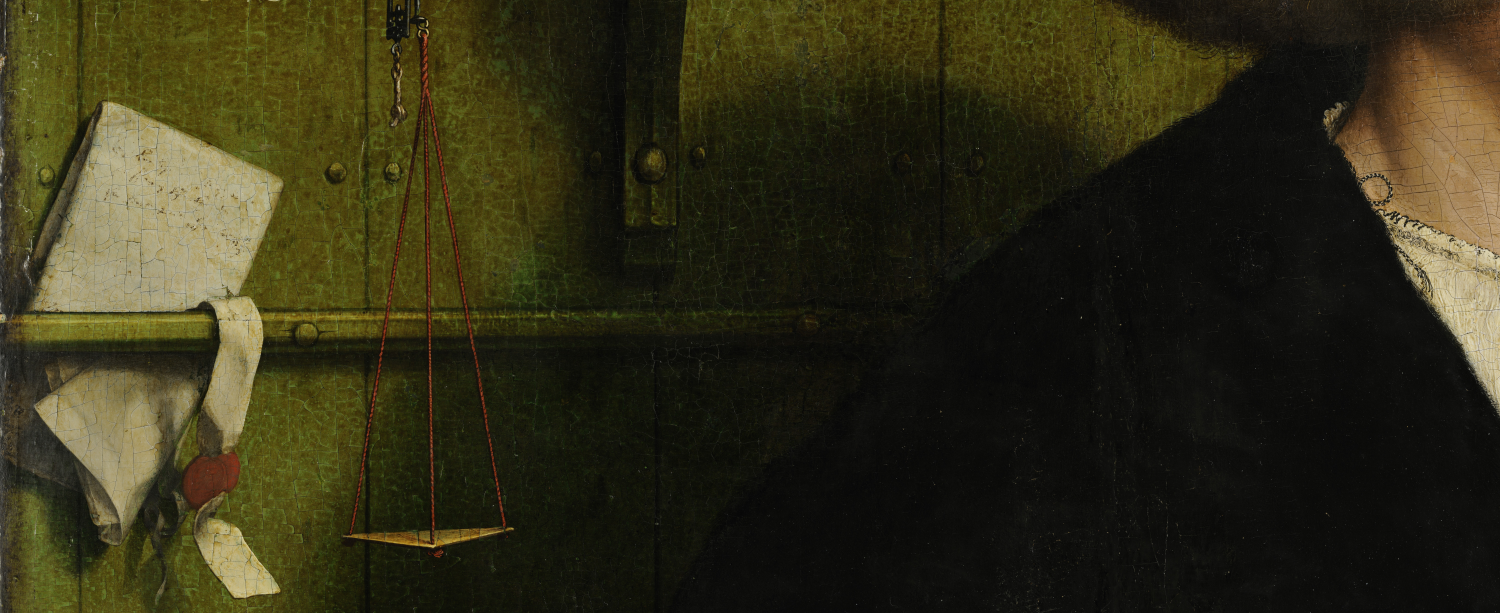Dark Side of Knowledge (Zwierlein)
Justyna Wubs-MrozewiczThe fact that ‘misunderstanding’ is often used as a synonym for conflict says a lot about where we think conflicts come from. Our past #microreviews have highlighted how expertise could be key in some conflicts, but the unknown can be just as important.
The 2016 volume The Dark Side of Knowledge, edited by Cornell Zwierlein, is certainly one of our #retroconflictinspirations in this area. It covers 400 years of the history of ignorance, with contributions from past review subject Daniel Smail, as well as Zwierlein himself. The interdisciplinary use of the sociology of knowledge (and ignorance) is a consistent theme in the book. Zwierlein and other contributors frame ignorance not as a void but rather as part a system of knowledge and related non-knowledge, with each influencing the other.It is informed by historical perspectives too, with its title drawn from Locke’s evocation of the reciprocity between knowledge and ignorance, and notes to Pascal’s observation that growth in the ‘sphere’ of knowledge increases the amount of ignorance touched by its edges. Over its seventeen chapters the book develops a language for discussing past ignorance which combines sociological and historical insights to describe more precisely the range of ignorance or non-knowledge at play in the pre-modern world and its effects. Although the legal and political appearances of non-knowledge are particularly informative for our conflict project, one of the book’s strengths is its ability to show how ubiquitous the challenges of ignorance were in history: from art to trade to travel to education. The Dark Side of Knowledge: Histories of Ignorance 1400 -1800 is available at https://brill.com/view/title/33668?language=en , or you can read the introduction at
https://www.academia.edu/26608966/Book_The_Dark_Side_of_Knowledge_Histories_of_Ignorance.
AC
